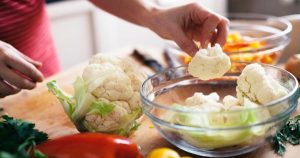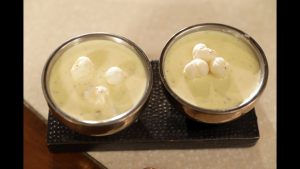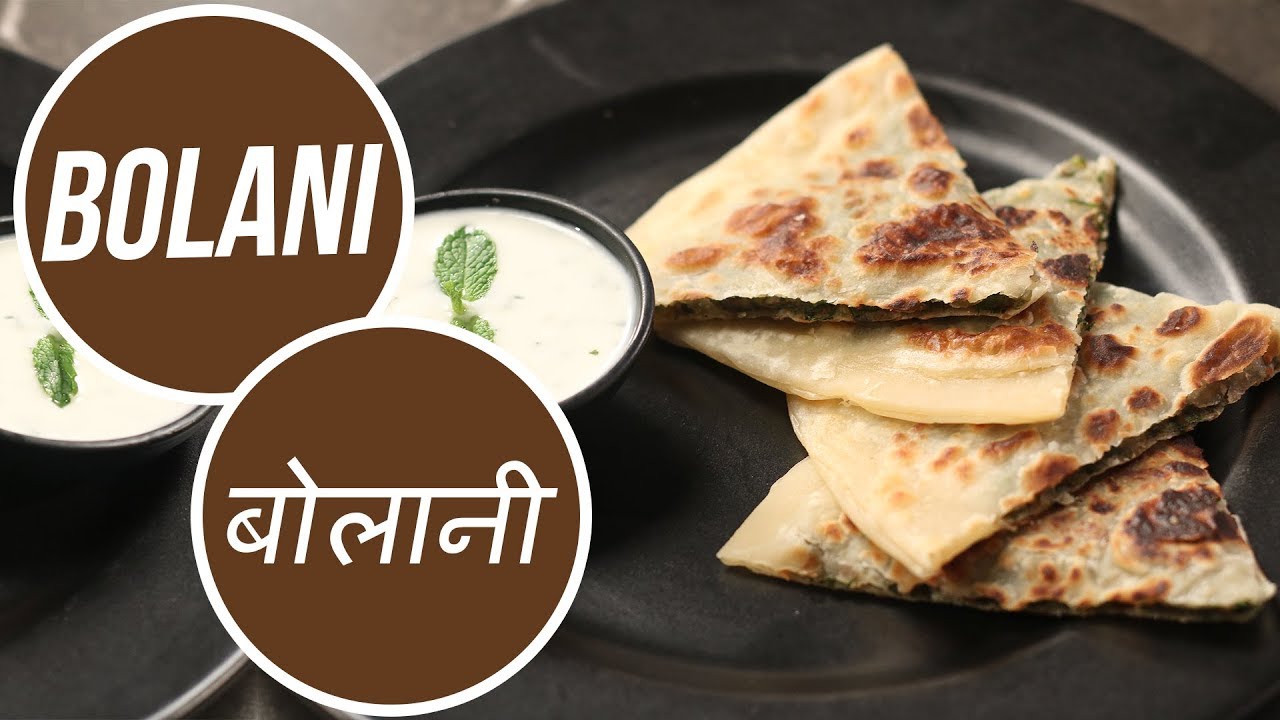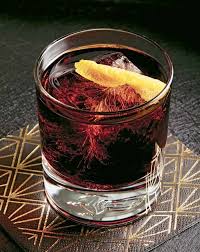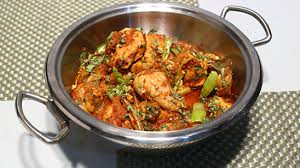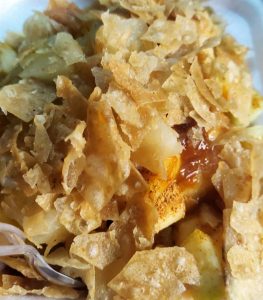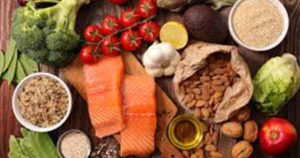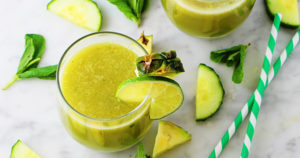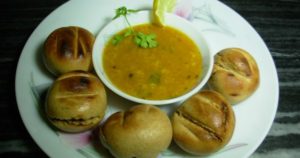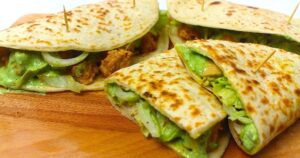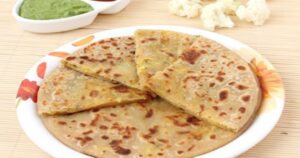An anti-cancer diet is an important strategy you can use to reduce your risk of cancer. The American Cancer Society recommends, for example, that you eat at least five servings of fruits and vegetables daily and eat the right amount of food to stay at a healthy weight. In addition, researchers are finding that certain foods that prevent cancer may be an important part of an anti-cancer diet.
Although selecting cancer-fighting foods at the grocery store and at mealtime can’t guarantee cancer prevention, good choices may help reduce your risk. Consider these anti-cancer diet guidelines:
- Eat plenty of fruits and vegetables. Fruits and vegetables are full of vitamins and nutrients that are thought to reduce the risk of some types of cancer. Eating more plant-based foods also gives you little room for foods high in sugar. Instead of filling up on processed or sugary foods, eat fruits and vegetables for snacks. The Mediterranean diet offers foods that fight cancer, focusing mostly on plant-based foods, such as fruits and vegetables, whole grains, legumes, and nuts. People who follow the Mediterranean diet choose cancer-fighting foods like olive oil over butter and fish instead of red meat.
- Sip green tea throughout your day. Green tea is a powerful antioxidant and may be an important part of an anti-cancer diet. Green tea, a cancer-fighting food, may be helpful in preventing liver, breast, pancreatic, lung, esophageal, and skin cancer. Researchers report that a nontoxic chemical found in green tea, epigallocatechin-3 gallate, acts against urokinase (an enzyme crucial for cancer growth). One cup of green tea contains between 100 and 200 milligrams (mg) of this anti-tumor ingredient.
- Eat more tomatoes. Research confirms that the antioxidant lycopene, which is in tomatoes, may be more powerful than beta-carotene, alpha-carotene, and vitamin E. Lycopene is a cancer-fighting food associated with protection against certain cancers such as prostate and lung cancer. Be sure to cook the tomatoes, as this method releases the lycopene and makes it available to your body.
- Use olive oil. In Mediterranean countries, this monounsaturated fat is widely used for both cooking and salad oil and may be a cancer-fighting food. Breast cancer rates are 50 percent lower in Mediterranean countries than in the United States.
- Snack on grapes. Red grapes have seeds filled with the superantioxidant activin. This cancer-fighting chemical, also found in red wine and red-grape juice, may offer significant protection against certain types of cancer, heart disease, and other chronic degenerative diseases.
- Use garlic and onions abundantly. Research has found that garlic and onions can block the formation of nitrosamines, powerful carcinogens that target several sites in the body, usually the colon, liver, and breasts. Indeed, the more pungent the garlic or onion, the more abundant the chemically active sulfur compounds that prevent cancer.
- Eat fish. Fatty fish — such as salmon, tuna, and herring — contain omega-3 fatty acids, a type of fatty acid that has been linked to a reduced risk of prostate cancer. If you don’t currently eat fish, you might consider adding it to your anti-cancer diet. Another way to add omega-3s to your diet is by eating flaxseed.
Be proactive, and make more room in your diet for the following foods that prevent cancer.
Add Garlic to Your Anti-Cancer Diet


Berries Are Foods That Fight Cancer


Tomatoes May Protect Men From Prostate Cancer







